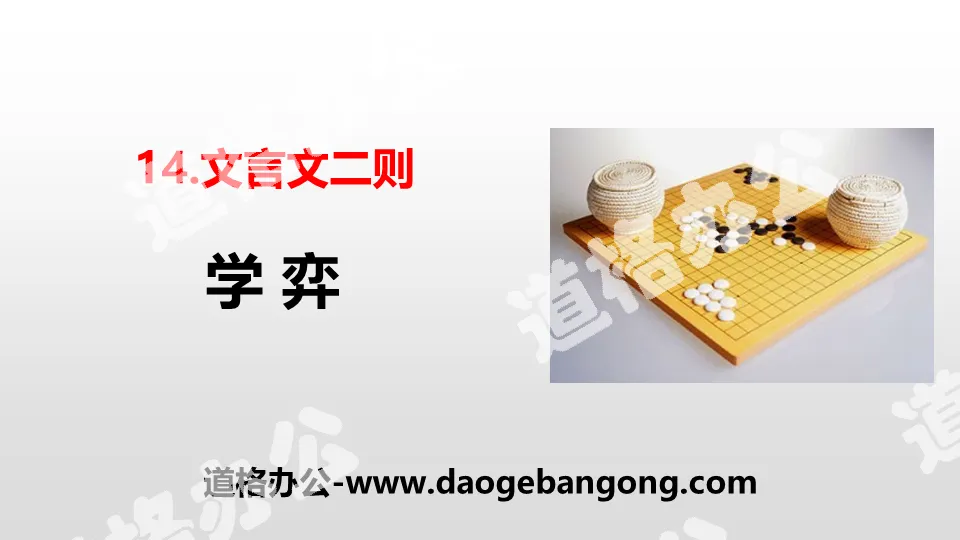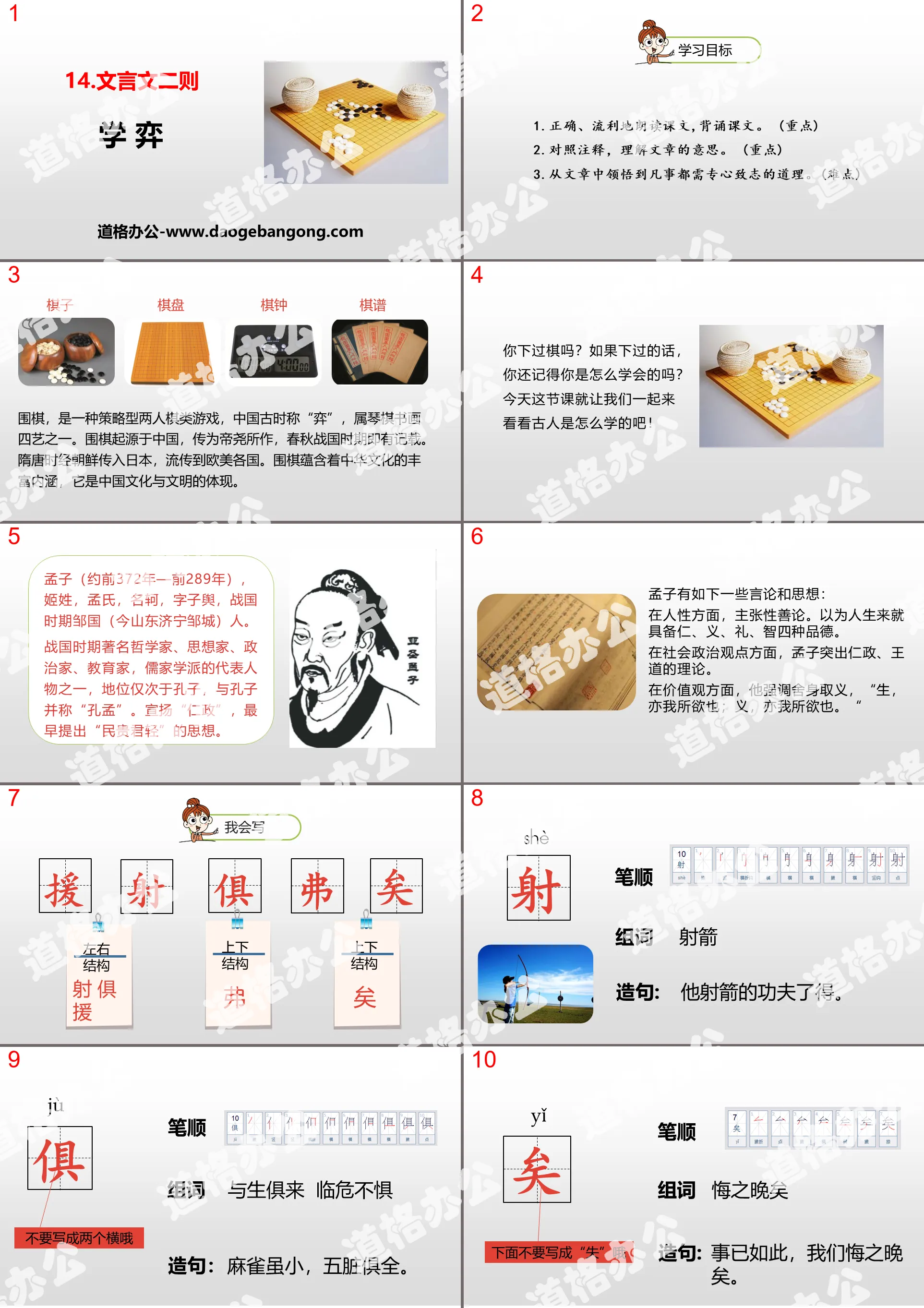The second volume of first-grade Chinese compiled by the People's Education Publishing House
The second volume of fifth-grade Chinese compiled by the People's Education Publishing House
The first volume of Chinese language for eighth grade compiled by the People's Education Publishing House
The first volume of first-grade Chinese compiled by the People's Education Publishing House
The first volume of ninth-grade Chinese compiled by the People's Education Publishing House
The first volume of fourth-grade Chinese compiled by the People's Education Publishing House
The first volume of Chinese language for sixth grade compiled by the People's Education Publishing House
The second volume of Chinese language for eighth grade compiled by the People's Education Publishing House
The first volume of Chinese language for fifth grade compiled by the People's Education Publishing House
The first volume of second-grade Chinese compiled by the People's Education Publishing House
Hunan Education Edition Third Grade Chinese Language Volume 1
The second volume of fourth-grade Chinese compiled by the People's Education Publishing House
The second volume of second-grade Chinese compiled by the People's Education Publishing House
The first volume of third-grade Chinese compiled by the People's Education Publishing House
The second volume of Chinese language for sixth grade compiled by the People's Education Publishing House
The second volume of seventh-grade Chinese compiled by the People's Education Publishing House

| Category | Format | Size |
|---|---|---|
| The second volume of Chinese language for sixth grade compiled by the People's Education Publishing House | pptx | 6 MB |
Description
Two PPT coursewares on classical Chinese in "Learning Chess"
Part One: Learning Objectives
1. Read and recite the text correctly and fluently. (emphasis)
2. Compare the notes to understand the meaning of the article. (emphasis)
3. Understand from the article that everything needs to be concentrated. (difficulty)
Go is a strategic two-player chess game. It was called "Yi" in ancient China and is one of the four arts of chess, calligraphy and painting. Go originated in China and is said to have been created by Emperor Yao. It was recorded during the Spring and Autumn Period and the Warring States Period. During the Sui and Tang Dynasties, it was introduced to Japan via Korea and spread to European and American countries. Go contains rich connotations of Chinese culture, and it is the embodiment of Chinese culture and civilization.
Have you ever played chess? If so, do you still remember how you learned it? In today’s lesson, let’s take a look at how the ancients learned it!
Learning chess PPT, part 2: Mencius’ simplicity
Mencius (approximately 372 BC - 289 BC), surnamed Ji, Meng family, given name Ke, courtesy name Ziyu, was a native of Zouguo (now Zoucheng, Jining, Shandong) during the Warring States Period.
A famous philosopher, thinker, politician, and educator during the Warring States Period, he was one of the representatives of the Confucian school. His status was second only to Confucius, and he was also known as "Confucius and Mencius" together with Confucius. He promoted "benevolent government" and was the first to put forward the idea of "the people are more important than the monarch".
Mencius had the following remarks and thoughts:
In terms of human nature, he advocates the theory of good nature. It is believed that people are born with the four qualities of benevolence, righteousness, propriety and wisdom.
In terms of social and political views, Mencius highlighted the theory of benevolent government and kingly law.
In terms of values, he emphasized sacrificing one's life for righteousness, "Life is what I want; righteousness is what I want."
Learning chess PPT, the third part: I can write
The aid and shooting are all gone.
shoot
group of words archery
Sentence: He is very good at archery.
all
Group of words: born with no fear in the face of danger
Sentence: Although a sparrow is small, it has all five internal organs.
Yes
It's too late to regret
Sentence: This has happened, and it is too late for us to regret it.
word explanation
Yi Qiu: "Qiu" is a person's name. Because he is good at playing chess, he is called "Yi Qiu".
Tongguo: the whole country.
Honghu: refers to birds such as swans and wild geese.
Pay (zhuó): In ancient times, it refers to an arrow with a silk rope, which can be retrieved after being shot.
Fruo: Not as good as that.
Same as: "椤", a modal particle at the end of the sentence, expressing questions.
Ran: Like this.
Learning Chess PPT, Part 4: Text Analysis
Yi Qiu is one of the best players in the country.
Tongguo: the whole country
Of the
Good: good at, good at
Author: person of...
Yi Qiu is the best chess player in the country.
Yi Qiu is the first recorded professional Go player in history and the first recorded Go celebrity engaged in education. He was a national chess player known to all the princes and countries at that time, with superb chess skills. "Yidan Commentary" praised him as the "originator" of national chess.
He asked Yi Qiu to teach two people to play chess. One of them concentrated on the game, but Yi Qiu listened. Although the other listened, he thought that a swan was coming, and he wanted to help him and shot it with his bow.
Let Yi Qiu teach two people to play chess. One of them concentrated on learning and only listened to Yi Qiu's teaching. Although the other person was also listening to Yi Qiu's teaching, he was thinking about a swan that was about to fly over and wanted to get the bow and arrow. It shoots down.
What's the difference between the two people's approaches? Guess, will the final learning results of the two be the same?
The former concentrates on studying, while the latter is half-hearted.
We will know the difference when we study in the future.
Even though I have learned from him, I am not as good as him.
Although the two of them learned to play chess together, the latter's chess skills were not as good as the former's.
Why is he so wise? Said: Not so.
Is it because his intelligence is not as good as the previous one? Some people say: That's not the case.
Learning Chess PPT, Part 5: Classroom Exercises
1. Read Pinyin and write the words.
xué yì �ōn� zhuó fú ruò hóng hú
( ) ( ) ( ) ( )
2. Translate the following sentences into modern Chinese.
Let Yi Qiu teach two people to play.
Think of the aid and shoot it with a bow.
Why is he so wise?
3. Use appropriate idioms to evaluate Yi Qiu’s two disciples.
The first person: concentrate, concentrate, concentrate, have no distractions, and be single-minded.
The second person: half-hearted, absent-minded, distracted, distracted, and distracted.
Keywords: Free download of PPT courseware for the second volume of Chinese language for sixth graders published by Ministry of Education, download of Xueyi PPT, download of two classical Chinese PPT, .PPT format;
For more information about the PPT courseware "Two Classical Chinese Essays for Learning Chess", please click the "Classical Chinese Essays Two PPT Learn Chess" PPT tag.
Two PPTs from the classical Chinese essay "Xue Yi":
Two PPTs from the classical Chinese text "Learning Chess" Part One: Introduction before class Go is a strategic two-player chess game, which was called chess in ancient China. Go originated in China and is said to have been created by Emperor Yao. It was recorded during the Spring and Autumn Period and the Warring States Period. ... ... ... Xueyi PPT, second...
"Study Game" PPT:
The first part of the PPT "Study Game": Introduction of the new lesson. Read "Xue Yi" by yourself, read the pronunciation of the characters correctly, and pay attention to the pauses. Yi Qiu is a person who is good at playing chess in the whole country. Make / play / teach / two people to play, one of them / concentrates on listening, but the other / although / listens, only thinks that there is /..
"Study Game" PPT courseware 7:
"Study Game" PPT Courseware 7 Read it When three people are together, there must be one teacher. Read it a hundred times and its meaning will become apparent. Review the past and learn the new. Do review after learning. 1. How do you understand these aphorisms? 2. Compared with the written language we usually use, what are the characteristics of these aphorisms? ..
File Info
Update Time: 2024-11-22
This template belongs to Chinese courseware The second volume of Chinese language for sixth grade compiled by the People's Education Publishing House industry PPT template
Two PPT coursewares on classical Chinese in "Learning Chess" Simple campus recruitment activity planning plan summary enterprise and institution recruitment publicity lecture PPT template is a general PPT template for business post competition provided by the manuscript PPT, simple campus recruitment activity planning plan summary enterprise and institution recruitment promotion Lecture PPT template, you can edit and modify the text and pictures in the source file by downloading the source file. If you want more exquisite business PPT templates, you can come to grid resource. Doug resource PPT, massive PPT template slide material download, we only make high-quality PPT templates!
Tips: If you open the template and feel that it is not suitable for all your needs, you can search for related content Two PPT coursewares on classical Chinese in "Learning Chess" is enough.
How to use the Windows system template
Directly decompress the file and use it with office or wps
How to use the Mac system template
Directly decompress the file and use it Office or wps can be used
Related reading
For more detailed PPT-related tutorials and font tutorials, you can view: Click to see
How to create a high-quality technological sense PPT? 4 ways to share the bottom of the box
Notice
Do not download in WeChat, Zhihu, QQ, built-in browsers, please use mobile browsers to download! If you are a mobile phone user, please download it on your computer!
1. The manuscript PPT is only for study and reference, please delete it 24 hours after downloading.
2. If the resource involves your legitimate rights and interests, delete it immediately.
3. Contact information: service@daogebangong.com
Two PPT coursewares on classical Chinese in "Learning Chess", due to usage restrictions, it is only for personal study and reference use. For commercial use, please go to the relevant official website for authorization.
(Personal non-commercial use refers to the use of this font to complete the display of personal works, including but not limited to the design of personal papers, resumes, etc.)
Preview










